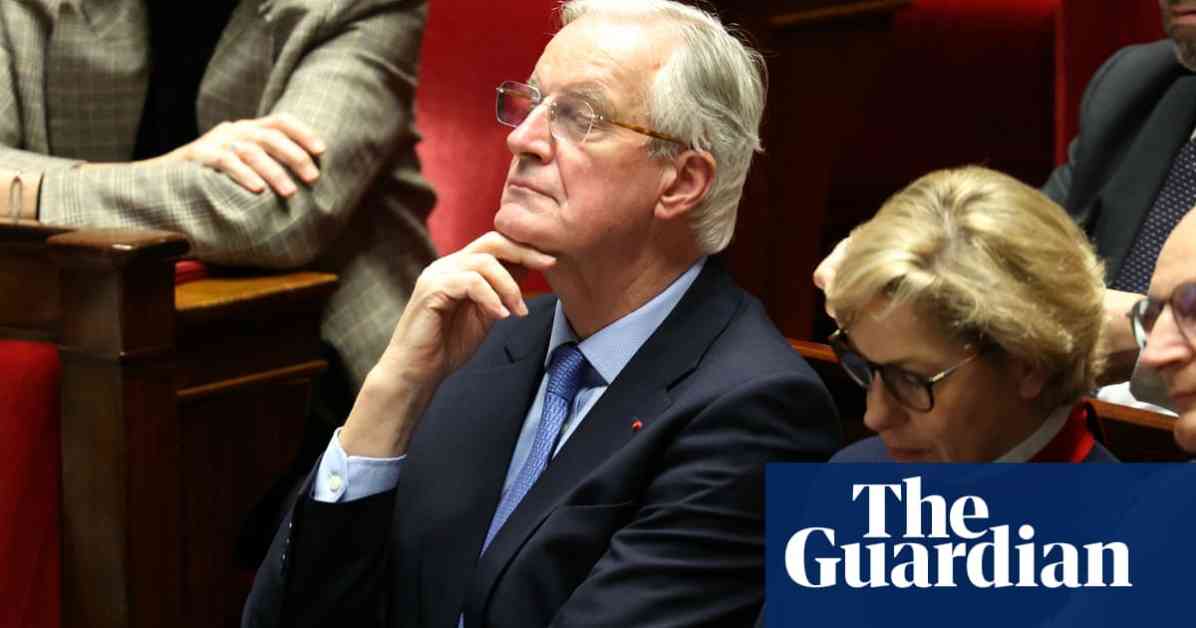France is in turmoil as a no-confidence vote has brought down the government, leading to the collapse of Prime Minister Michel Barnier’s beleaguered minority coalition after just three months. The no-confidence motion, supported by an alliance of left-wing parties and MPs from Marine Le Pen’s National Rally, garnered a decisive 331 votes on Wednesday night to topple the government. Barnier, who had forewarned of the impending chaos, must now resign as prime minister, leaving President Emmanuel Macron grappling with the worst political crisis of his two terms in office.
Political Turmoil Unfolds
The fallout from the no-confidence vote has thrown France into a state of uncertainty, with looming questions about the 2025 budget, the country’s growing public deficit, and the appointment of a new prime minister. Macron, whose presidency extends until spring 2027, has vowed not to step down, dismissing calls for his resignation as “political fiction.” However, a significant portion of the left and far right are clamoring for his exit, adding to the political tumult.
Historic Precedent and Divided Parliament
The successful no-confidence vote marks the first instance of such an event since 1962, signaling a significant shift in France’s political landscape. With no new parliamentary elections possible until July 2025, Macron faces the challenge of navigating a deeply divided National Assembly, comprised of three competing factions without a clear majority. The left alliance emerged as the largest voting bloc, falling short of an absolute majority, while Macron’s centrist group and Le Pen’s far-right National Rally also wield significant influence.
Le Pen’s Role and Budget Standoff
The collapse of Barnier’s government, precipitated by a contentious budget vote, underscores the power struggle between political factions in France. Le Pen, despite being outside the government, exerted substantial influence over Barnier’s coalition, ultimately rejecting his budget proposal as detrimental to the country. The ensuing deadlock and subsequent no-confidence motion laid bare the deepening divisions within French politics, setting the stage for a protracted period of uncertainty and financial instability.
In the midst of this political maelstrom, ordinary citizens are left grappling with the ramifications of their leaders’ actions. The sudden upheaval in government has sparked fears of economic turmoil and heightened tensions among various political factions, each vying for control amidst a backdrop of uncertainty. As families across France prepare for the holiday season, the specter of a government in disarray looms large, casting a shadow over traditional celebrations and festive cheer.
One cannot help but wonder about the human cost of such political upheaval: the families struggling to make ends meet, the workers facing job uncertainty, the retirees worried about their pensions. In times of crisis, it is often the most vulnerable members of society who bear the brunt of political decisions made in lofty chambers. As the drama unfolds in the corridors of power, the real impact is felt in homes and communities across the country, where everyday individuals grapple with the fallout of a government in turmoil.












